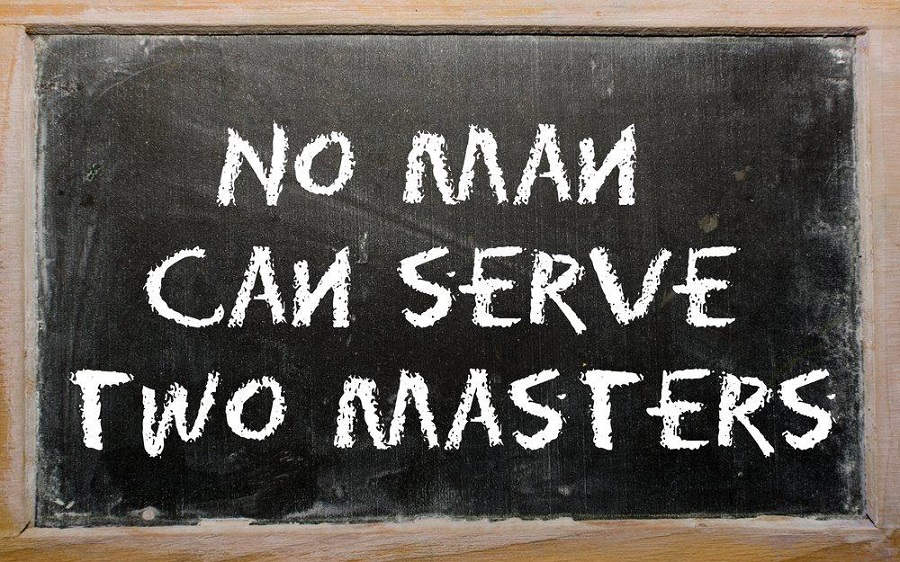Some of our clients are seniors and with every passing year we are saddened to hear of the illness and sometimes the loss of these highly valued clients and oftentimes they are personal friends. One such client comes to mind. He was still practicing, but reported having fatigue that day. His staff insisted that he go home and rest thinking he had a severe case of the flu. Unable to drive, his son took him home where he slept through the night. When he woke up he was still not well and his family took him to the hospital. He died that same day.
He was diagnosed with a severe case of cancer (stage IV leukemia) and there were no pre-indications that he or his family was aware of. If he did know, he did not tell anybody. If he did not know, it is probably because he was only 53 years of age, very fit, exercised regularly, led a healthy lifestyle and as a result had not seen his physician in some time.
More factors regarding his illness were later found but the bottom line is he was treating patients a few days before he died. As business advisors and brokers, we encourage our clients to examine their Will, update it regularly and designate a trusted family/friend/advisor to know where it is kept.
Next, we advise our clients to have an emergency plan for the business itself. We tell them that a Will looks after your assets after your death and distributes those assets as you have directed. In many cases, this process can take two or more months to be properly enacted by your executors. What happens to your practice/business tomorrow if you suddenly die today?
Do you have a specific individual who will take the responsibility of caring for and controlling the practice to ensure that it continues to operate? This means that patients are seen, staff, landlords, and suppliers are paid to keep the business running in a vibrant fashion. By doing so you prevent your practice from plummeting in value in your absence as the key producer?
Do you have a specific health care professional (HCP) or a group of HCPs who should be called upon to help you, your family and business advisors if an emergency arises to keep the business operating in an orderly manner?
Often, in the absence of any instruction of this nature, the staff or the family members—while in a state of shock or sadness—will shut down the practice and cancel patients’ appointments. They will have no idea when or how to re-open. Should something be said in the newspaper? Should there be an announcement to the patients? How is your practice to be run without you there to guide them?
Understandably, your practice will close for two or three days to allow family/friends/colleagues to grieve and to attend your funeral. BUT soon—it is business-as-usual for the sake of the business! It must be maintained and its value preserved. Subsequently that value will inure to your estate or to the executors in full form and fashion, as opposed to being closed and your practice starts to fail.
Why would you want to leave an asset in a state of rapid decline when all you need to do is have a Will for your business and/or an emergency plan that gives your family/executors/advisors specific instructions?
Here are the instructions you should have in place:
1. A locum be added into the business as quickly as possible.
2. A list of HCP locum names with phone numbers is available to call. Most brokers have locums at the ready for this purpose. An office manager or receptionist can be designated to do this task at this time. It does not have to be done by a lawyer or a family member.
3. The practice should be appraised immediately or if an appraisal is on file, that appraisal should be updated. Your accountant and your lawyer should have a copy of your emergency plan. Again, provide the names and contact information of the individuals designated to perform these tasks.
Delay of any of these steps reduces the operating value of your business. We (as individual advisers/brokers) would not want to leave our business in that condition. Most of us have children and grandchildren and others
to whom we wish to leave a legacy. We never want to leave a negative
declining asset behind.
Additional steps can be taken depending on the unique circumstances of
your practice/business. Consider consulting with a professional practice appraiser/broker to put an emergency plan and business Will in place. By doing so, you will preserve hundreds of thousands of dollars for your family, your church, and your charity.

JACKIE JOACHIM
Jackie has 30 years of experience in the industry as a former banker and now the Chief Operating Officer of ROI Corporation. Please contact her at Jackie.joachim@roicorp.com or 1-844-764-2020.

















